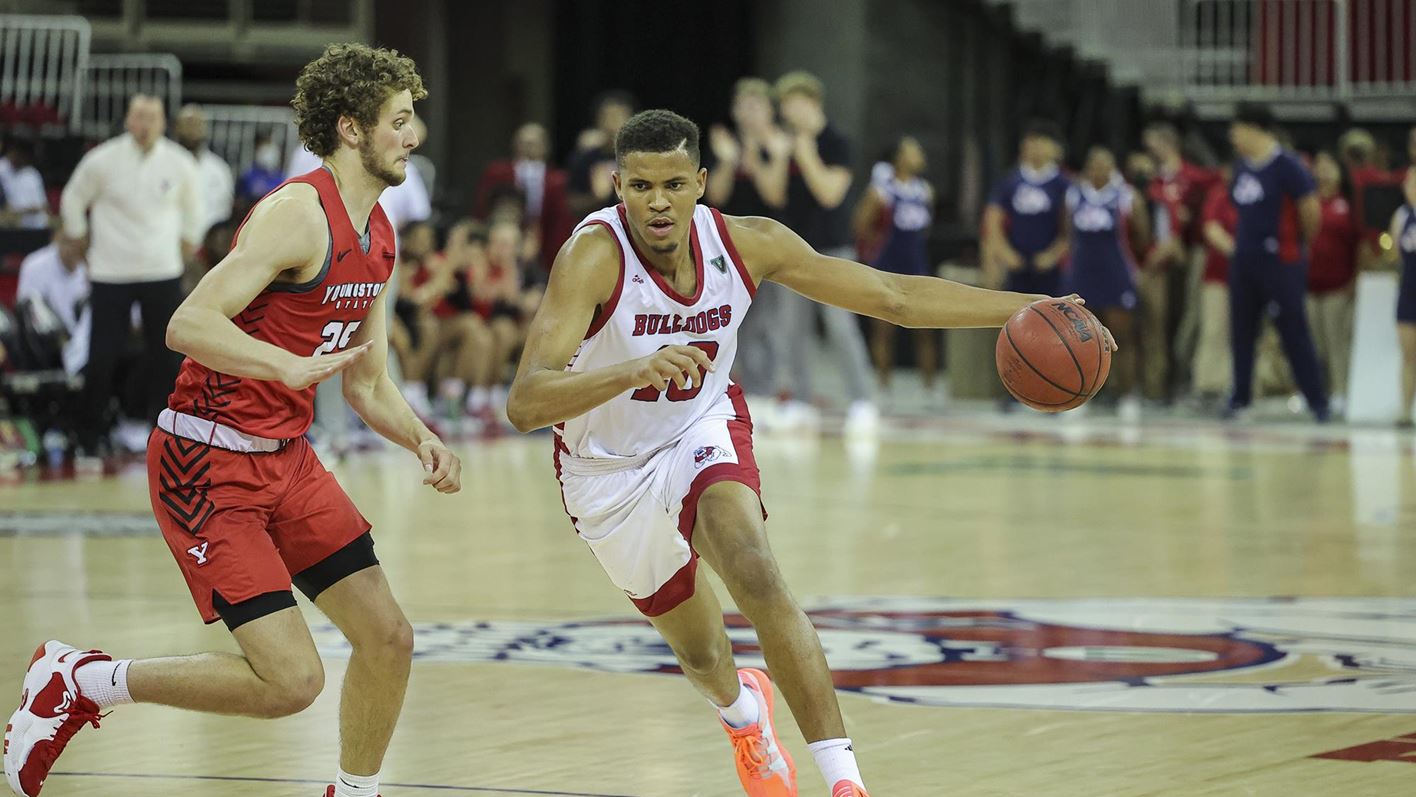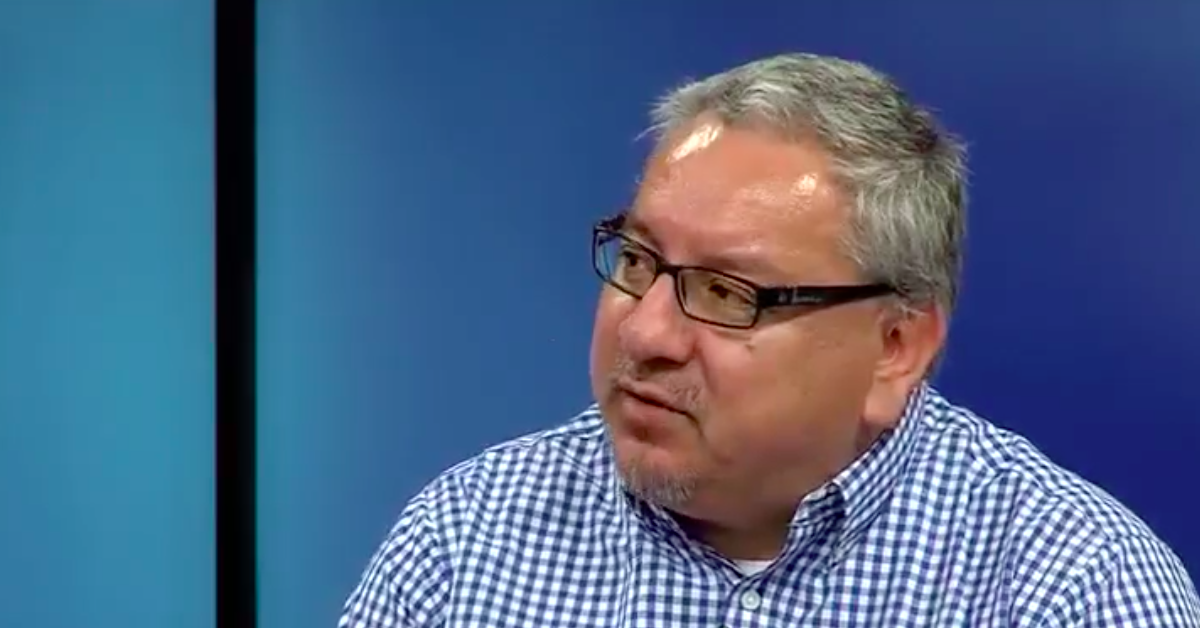The Fresno Grizzlies have a group of potential investors waiting in the wings to buy the team.
This is no secret among City Hall reporters. The investors’ names? Insiders at City Hall and Fresno Baseball Club LLC (the Grizzlies’ current owner) aren’t saying – at least not on the record.
But one thing is in the open: The repair of 15-year-old Chukchansi Park is a major sticking point in the three-sided negotiations.
What is the extent of needed repairs? Does the city-owned stadium need to be modernized? How much money is needed to fix/upgrade everything? And, most important of all, who pays the bill?
Politics is at the heart of this issue. First, though, let’s dig into the backstory by tackling a topic near and dear to the heart of City Manager Bruce Rudd – deferred maintenance.
Fresno during the Great Recession had to postpone all but the most basic maintenance chores on its physical assets. The Parks Department was probably the most notable victim of this economic necessity. If not parks, then certainly Public Works (streets, curbs, gutters, street lights) gets that dubious honor.
Rudd from the Council Chamber dais made two points every chance he got. First, delaying the cost of maintenance, thus saving money in the short term, was better than going bankrupt. Second, when finances improve, City Hall must come up with a long-term plan to fund the care and repair of what it owns.
Finances have improved. The Administration of Mayor Lee Brand and the seven council members are passionate about the repair, upgrade and maintenance of city assets. City officials usually boil everything down to one word – infrastructure.
Chukchansi Park opened on May 1, 2002. It cost nearly $50 million. Much of the stadium is exposed to the elements.
The city in 2014 (Ashley Swearengin was mayor) hired the Tennessee-based consulting firm Venue Solutions Group to study the physical condition of Chukchansi Park. Venue Solutions officials toured the stadium on Oct. 8-9, 2014. CVObserver recently obtained from City Hall a copy of Venue Solutions’ 62-page draft report.
“As a part of the assessment, VSG (Venture Solutions Group) has developed a 20-year capital expense matrix to assist the city in establishing priorities for major repairs and maintenance of the ballpark in a way that extends the usable life of its assets,” the reports states. “As the ballpark enters its 13th year of operation, its ability to deliver a positive fan experience is crucial for it to remain relevant both locally and regionally. As in-home technology has improved, it has become more of a challenge for sports franchises to keep their customers engaged. As a result, more attention and planning is required in keeping the ballpark contemporary and fresh, even in a market with no other professional sports franchise.”
My quick review of the 62-page report suggests Chukchansi Park is in pretty good shape (at least it was in fall 2014). Perhaps that’s damning with faint praise. Too bad the place hasn’t been packed with 12,500-capacity crowds every home game for more than a decade.
“Minimal capital improvements have been made to the ballpark, highlighted by the video and scoreboard replacement project in 2010,” the report states. “The Grizzlies have made improvements over the years that have included a swimming pool and Jacuzzi, a manual scoreboard, a rock-climbing wall, a remodeled team store and concession stands, suite upgrades and a mobile stage for concerts.”
Is the report referring to that self-propelled mobile stage that the Fresno Diamond Group (the Grizzlies’ original owner) and City Hall teamed up to buy when the park was new? If so, that purchase was anything but a highlight.
Venue Solutions examined the stadium from top to bottom.
For example, the report states: “We examined public spaces for overall cleanliness and general wear and tear, including areas which the general public would access on a game day as well as where premium customers would travel. Overall, we found the public spaces to be in very good condition.”
The stadium’s seats, the report states, were original to the 2002 opening. They were found to be “in good condition, with very little evidence of fading and cracking along the seams.”
The stadium’s exposed steel: “very good condition.”
The stadium’s piazzas outside the structure but within the gates: “very good” with one exception.
The Cru Club: “good condition.”
The pool area: “good condition.”
The suites: “appropriate for this level of baseball.”
The bathroom urinals, toilets, washbasins and fixtures: “original to the opening and all appeared to be in good working condition.”
Chukchansi Park wasn’t perfect in October 2014. Venue Solutions concluded its executive summary with 23 recommendations. Here’s a sampling:
- “Repair large cracks along H Street near ticket office windows.”
- “Repaint faded stripes and space numbers in player parking lot.”
- “Replace rubber flooring in dugouts.”
- “Repair topcoat outside suite 33.”
- “Clear cooling tower of scale.”
The report included a two-page “capital expense matrix.” The matrix is impossible to read in the copy of the report I received via email. I’ve got no idea what Venue Solutions’ recommended repairs would cost.
And I’ve got no idea what repairs/upgrades the Brand Administration would like to see. Brand succeeded the termed-out Swearegin in January.
But allow me to make a few guesses about what’s going on here, guesses based on background talks with several key officials.
City officials very much want a new owner for the Grizzlies. Grizzlies President Chris Cummings very much wants to sell the team.
Various potential buyers have come and gone in recent years. The current group of potential buyers is said to be well heeled, serious and in good standing with the Pacific Coast League.
The stadium lease has been a sticking point between the Grizzlies and City Hall since October 2000 when the City Council voted to build the ballpark. Current City Council Garry Bredefeld was among the five council members in October 2000 to support construction at taxpayer expense of a 12,500-seat stadium.
The Grizzlies’ rent used to be $1.5 million a year. The rent is now based on a formula involving things like parking and maintenance. In essence, the rent is about $750,000 a year.
The Grizzlies still think the rent is too high. Team officials say the rent is a big reason why Fresno Baseball Club’s annual losses are well over $1 million.
A potential buyer almost certainly would think the rent is too high. A potential buyer almost certainly would ask City Hall for a break on the rent before agreeing to buy the Grizzlies.
Any break on the rent to a new owner would mean more money from the general fund (which pays for cops, firefighters, parks and infrastructure) going toward the $3.4 million annual payment on the bonds that funded construction of Chukchansi Park.
Fresno Baseball Club investors are tired of red ink. They’re probably not so exhausted that they’d file for bankruptcy protection.
City Hall wants a stable, rent-paying team calling Chukchansi Park home. City Hall probably isn’t so desperate that it would trigger extreme contract provisions that would enable it to for the team to its knees.
This three-level standoff – City Hall, Fresno Baseball Club, potential buyer – has been the reality even before the current suitor for the Grizzlies came into the picture.
The scuttlebutt is that the three sides in the current negotiations – City Hall, Fresno Baseball Club, the new group of well-heeled potential buyers – pretty much see eye-to-eye on key issues. In particular, we’re talking about selling price and future rent.
The sticking point, according to the scuttlebutt, is the list of repair/maintenance chores at the stadium. In a nutshell, does Fresno Baseball Club get to leave town with every penny from a hefty check signed by the Grizzlies’ new owners, leaving City Hall to pick up the full tab for stadium repairs/maintenance? Or does Fresno Baseball Club owe some of that check to the City Hall (and the taxpayers it serves) that built the stadium specifically for the Grizzlies and came to the team’s rescue seven years ago with a lower rent?
If the scuttlebutt has a degree of truth to it, then both sides have powerful arguments to make.
Fresno’s taxpayers, without a doubt, have been generous to the Grizzlies.
The Grizzlies going back to the days of John Carbray gave Fresno the Triple-A franchise that we all so desperately wanted (or thought we did).
Mayor Brand and the Grizzlies’ Cummings tell me these complex talks could soon produce results. We’ll wait and see.
I’ll close by returning to that list of repairs/upgrades at the stadium, the list whose total cost is a mystery.
I have no doubt that City Hall would love to get $2 million or $3 million from the proceeds of a sale of the Grizzlies. But I don’t believe City Hall would spend that money on infrastructure within Chukchansi Park.
That money would go into the general fund.
I can’t see City Hall spending millions on the quasi-necessary upgrades to a controversial stadium that relatively few people use when there are so many potholes out there waiting to be filled.
Filled potholes are where the votes are.











Garry Bredefeld can take up a collection at the local churches to pay for repairs, and let them use it for revival meetings. Baptize folks in the Jacuzzi. Put up a big Cross on the Home Run fence.